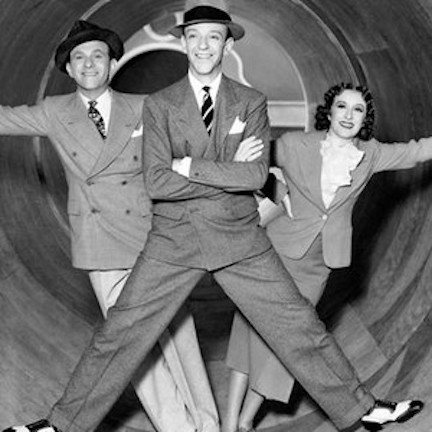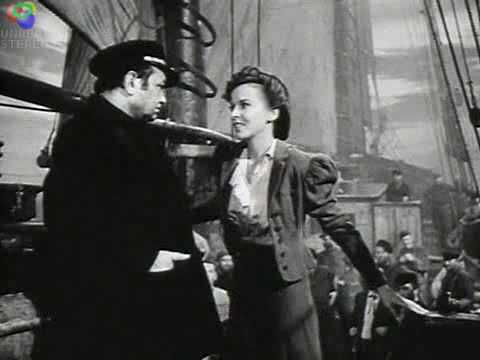- Messages
- 17,483
- Location
- New York City
The most recent Woody Allen film, A Rainy Day in New York, on Prime. I cringed through most of it.
It's a strong contender for his worst film ever, with yet more weakened replays of plots and characters that were handled far better in his earlier works: Super-rich New Yorkers (the protagonist's nickname is Gatsby, oy), troubled film directors, beautiful young muses, sequences shot at NYC landmarks like the Metropolitan Museum of Art and the Delacorte Clock, classic jazz soundtrack, eccentric young people who never look at their phones and unbelievably idolize the past almost exactly like a screenwriter born in 1930 does, another unbelievable magical girlfriend replacement ending, the damn Carlysle Hotel bar again...
There was exactly one scene that wasn't a total loss, where the brilliant-but-eccentric Upper East Side-scion protagonist (Timothee Chalomet, seeming to have wandered in from a Whit Stillman film) gets a dressing down from his imperious mother (the great Cherry Jones) that really shakes him up.
Apart from that, this film is so lame that it actually makes his one-star efforts of the last decade look better. I can't even recommend it for Allen completists, it's just depressing. He really ought to retire, though I see he's already got another film completed...
Quietly removed from too-be-watched list. Thank you.




